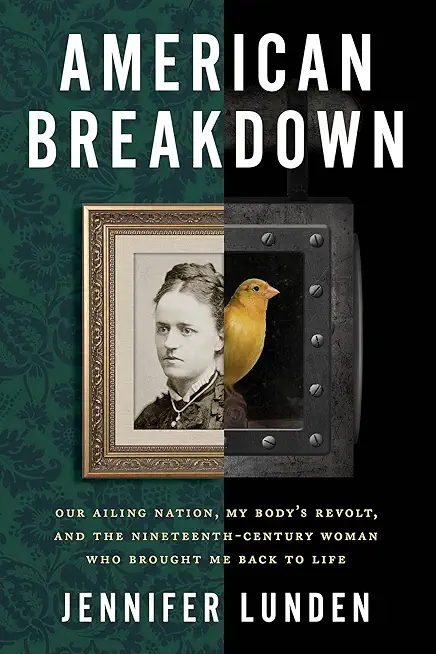
Key moments of our lives, especially at the beginning and end, are marked by gentleness--but the simplicity of that concept is misleading. Gentleness is an active passivity that may become an extraordinary force of resistance within ethics and politics. In this powerful rethinking by a renowned philosopher and psychoanalyst, whose untimely death captured worldwide attention, gentleness becomes a series of embodied paradoxes: power that is also soft, nobility that is also humble, sweetness that is also intelligent, subtlety that is nevertheless striking, fragility that has the potential to subvert the status quo.
In Greek and Christian myth, in the philosophical and religious traditions of China and India, and across Western literature and art, gentleness occurs in moments of tenderness such as birth, care, and mutual love, but also where least expected, amid danger, humiliation, and cruelty. Gentleness, Dufourmantelle shows, is marked above all by our early human connections to the physical world, uncovered and rediscovered primarily through the senses, with all the ambivalences that entails.
Today, we are most familiar with a gentleness sold to us in the diluted form of mawkishness. This is how we try to evade its subtlety--no longer by fighting it, but by enfeebling it. In the name of our highest values--happiness, truth, security--we enforce "gentle" safeguards against hurt and are persuaded to participate in our era's three divinities: efficiency, speed, and profitability. But in doing so we seal ourselves off from the life-affirming gamble that a true gentleness affords.
True gentleness entails an ethic of desire. Against a society that crushes human beings "gently" through consumerist logic and the illusion of total transparency, Dufourmantelle celebrates the uncompromising gentleness discovered by Gandhi and other revolutionaries. At the same time, within the despair confided by her patients, she traces the force of resistance and intangible magic that gentleness offers in the lived experience of ordinary women and men who fully embrace the risk of living.
This work received the French Voices Award for excellence in publication and translation. French Voices is a program created and funded by the French Embassy in the United States and FACE (French American Cultural Exchange).







